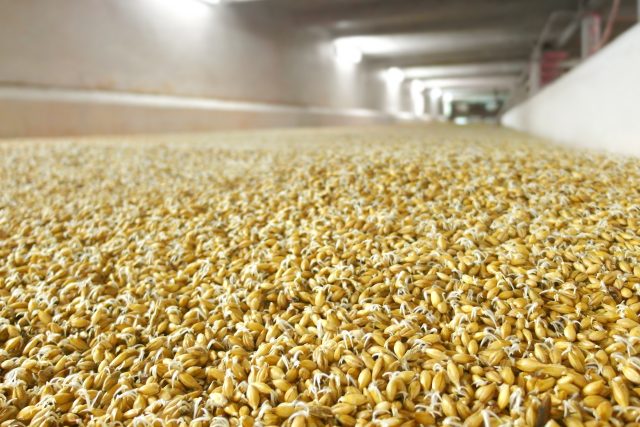Removing toxins from wheat and barley will boost beer production
By Jessica MasonNew methods to remove toxins from wheat and barley are boosting seed germination and predicted to enhance future beer production.

The food engineering findings showed that by using “cold plasma steeping technology” to “target fungal mycotoxins in wheat and barley grains” during malting, meant that scientists could boost “grain germination by 10-13% for potential applications in malt and beer production”.
Drilling down into the research, it was noted that the scientists had successfully managed to reduce the levels of zearalenone and deoxynivalenol — the two major mycotoxins affecting grains by 54% in one minute to one hour, which they say can potentially increase the food and beverage industry’s efficiency.
The scientists outlined how mycotoxins grow in warm, humid conditions and can infect more than 25% of globally-produced grains yearly, including barley, wheat and oat grains which can lead to lower-quality crops and also pose threats to human and livestock health.
Partner Content
Historically, mycotoxins have resisted high temperatures, which has meant that removing them from grains has previously been challenging. Yet deactivating toxins sustainably using cold plasma — referred to as “emerging technology” — could assist in their removal. A technique that also does not leave any residue on the grain, eliminating the need for chemical sanitisers. A plus point for a sector that is looking at ways to make itself more health and environmentally-conscious as well as ecologically sustainable.
According to the scientists, steeping the barley in plasma-activated water lowered the levels of deoxynivalenol (a mycotoxin produced by the fungus Fusarium graminearum) from the grain. Deoxynivalenol in barley has reportedly caused considerable financial loss to the grain and malting industries in the past.
The research highlighted how, if manufacturers fail to break down this mycotoxin during malting operations, it can transfer into the beer produced, which could lead to illnesses in consumers. However, it also showed that the new techniques could lead the industry forwards and added that the team will now also explore cold plasma methods for use in reducing microbial contamination in food and water that can cause illnesses from bacterial pathogens like Escherichia coli and Salmonella.
Related news




